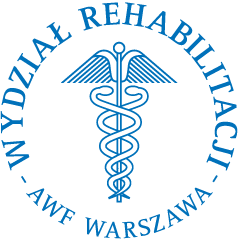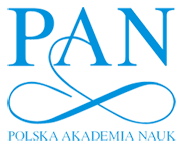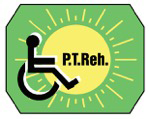


|
Current issue
Archive
Manuscripts accepted
About the journal
Editorial board
Reviewers
Abstracting and indexing
Contact
Instructions for authors
Publication charge
Ethical standards and procedures
Editorial System
Submit your Manuscript
|
2/2018
vol. 32 abstract:
Original paper
Comparison of cardiac rehabilitation programmes including patients’ education in selected institutions in Portugal and Poland.
Iwona Sarna
,
Edyta Smolis-Bąk
Advances in Rehabilitation/Postępy Rehabilitacji (2), 23 – 32, 2018
Online publish date: 2018/08/30
View
full text
Get citation
ENW EndNote
BIB JabRef, Mendeley
RIS Papers, Reference Manager, RefWorks, Zotero
AMA
APA
Chicago
Harvard
MLA
Vancouver
Introduction
Despite huge progress in the field of medicine and prevention, cardiovascular diseases remain the second most common cause of death in the European Union countries. One of the reasons for this not very optimistic (though decreasing) tendency seems to be ineffective education of patients. Material and methods The study sought to compare cardiac rehabilitation programmes in Poland and Portugal and to assess education of coronary patients who took part in the second phase of cardiac rehabilitation in institutions located in these two countries. A cardiac rehabilitation programme information card completed by a doctor or a physiotherapist as well as the authors’ own questionnaire that included questions regarding medical history and rehabilitation of patients, their knowledge about risk factor control and their opinions about education in the process of rehabilitation were employed in the study. Results Patients from both groups demonstrated the same low levels of knowledge about risk factor control. It was noted that cardiac rehabilitation programmes in the two countries under investigation were based on similar standards but differed in such aspects as specialists participating in these programmes, patients referred to them, particular risk factor control or methods of education. Conclusions 1. Cardiac rehabilitation programmes implemented in the examined institutions are based on the same standards but differ, inter alia, in terms of interventions applied to control particular risk factors. 2. The patients’ level of knowledge about modifiable risk factor control is the same in the Polish and Portuguese group and it differs considerably from the level described in the guidelines. 3. In both countries, doctors play the most significant role in educating patients. keywords:
health education, cardiac rehabilitation, secondary prevention |
    |